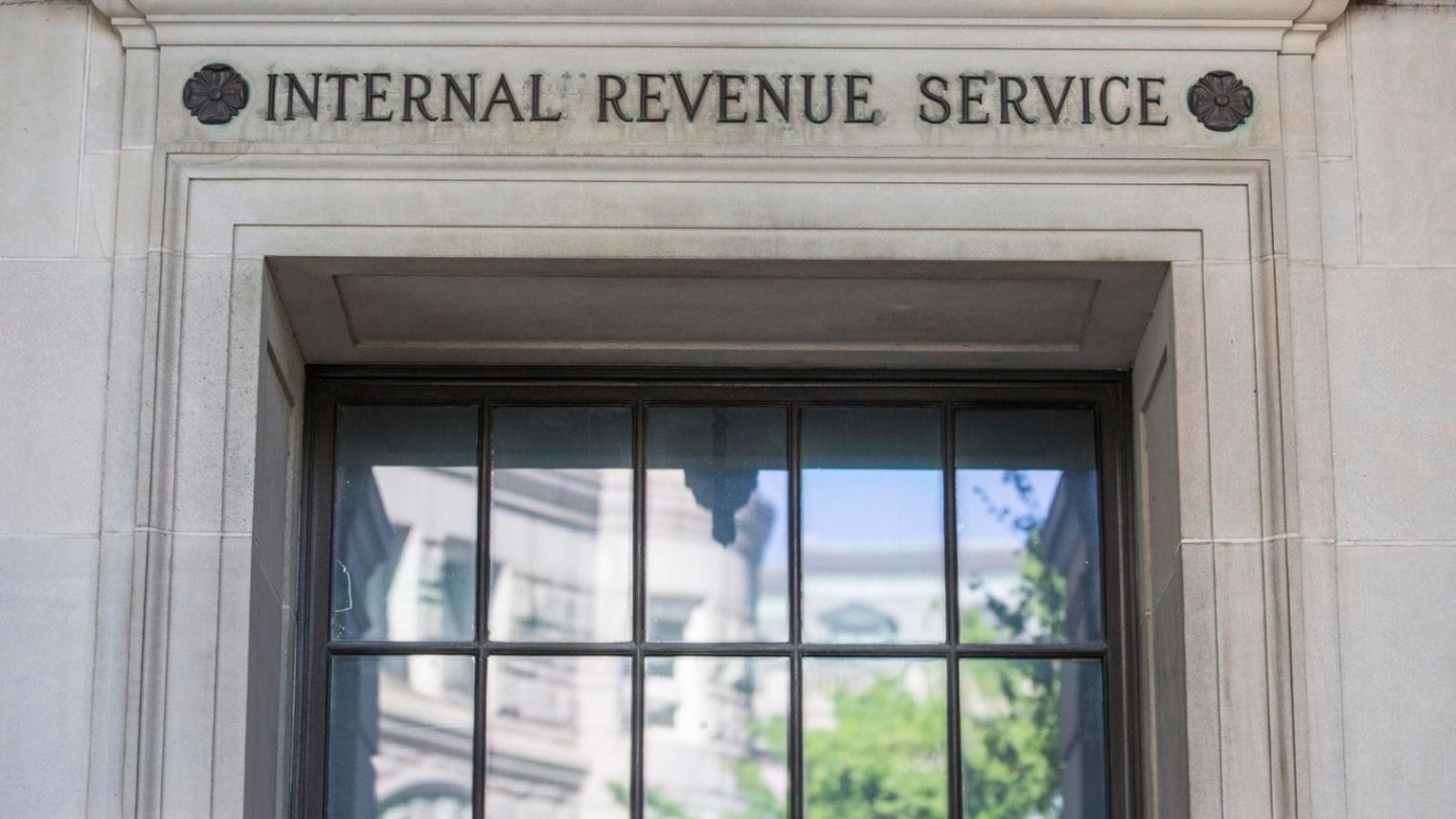The IRS Voluntary Disclosure Program (VDP) offers a crucial avenue for taxpayers to rectify past omissions or errors in their tax filings and income reporting. This program encourages transparency and cooperation with the IRS, allowing individuals and businesses to voluntarily disclose unreported income and address non-compliance issues. By participating in the VDP, taxpayers can mitigate potential penalties and legal repercussions that might arise from continued non-disclosure. The program necessitates the submission of comprehensive and accurate financial information for the relevant period, ensuring a complete disclosure of previously unreported income. This proactive approach allows taxpayers to regain compliance with tax laws and avoid the escalating consequences of non-disclosure.
The VDP offers several significant advantages. Firstly, it can significantly reduce or even eliminate severe penalties that might otherwise be imposed if the IRS discovers the discrepancies through audits or investigations. Voluntary disclosure demonstrates good faith and a willingness to cooperate, leading to more lenient treatment. Secondly, the program alleviates the stress and anxiety associated with non-compliance. Knowing that they are actively working towards rectifying their tax issues provides taxpayers with peace of mind. The structured process of the VDP also offers clarity and guidance, especially for those with complex financial situations. Thirdly, voluntary disclosure often leads to a more streamlined and expedited resolution compared to IRS-initiated investigations. The program fosters a cooperative relationship with the IRS, allowing for a more controlled and predictable process. Finally, for businesses, participation in the VDP can help maintain good standing with regulatory authorities, preserving their reputation and operational continuity.
The VDP is particularly relevant for individuals and businesses facing complex tax situations or dealing with unreported income. This includes those with multiple income streams, international investments, significant overlooked deductions, high net worth, foreign assets, or those living abroad. Businesses, regardless of size, with discrepancies in their financial records or unreported revenue can also benefit significantly from the program. Furthermore, individuals facing complex inheritance situations or experiencing significant life changes like marriage, divorce, or the death of a spouse, which may have inadvertently resulted in non-compliance, are encouraged to consider the VDP. Finally, taxpayers who have employed aggressive tax planning strategies that may no longer be compliant with current regulations can utilize the program to rectify their tax positions.
Enrolling in the VDP involves several key steps. Initially, seeking counsel from a knowledgeable tax professional is crucial. A tax advisor can provide personalized guidance, explain the program’s intricacies, and assist in preparing the necessary documentation. Next, gathering comprehensive financial records for the disclosure period is essential. This includes income statements, bank records, investment reports, and any other pertinent financial documents. Accuracy is paramount, as incomplete or incorrect information can complicate the process. Subsequently, the required forms, including Form 14457, the official Voluntary Disclosure form, must be submitted to the IRS. The tax professional can ensure accurate completion and inclusion of all necessary documentation. The IRS will review the disclosure and may request additional information or clarification. Promptly responding to any IRS inquiries is vital to avoid processing delays. Maintaining open communication with both the tax professional and the IRS throughout the process is crucial for a smooth and efficient resolution.
For taxpayers who haven’t filed taxes for over six years, the process requires additional steps. The initial step involves gathering all relevant financial records, including income statements, bank statements, and investment reports, for the entire period of non-filing. Consulting a tax professional is then crucial for preparing and submitting multiple years of back tax returns. This process requires meticulous documentation to support income claims and address any discrepancies. The tax professional can identify any missed deductions or credits to potentially reduce tax liability. Once prepared, the back tax returns, along with any required disclosures, must be submitted to the IRS. The IRS may request further information, requiring prompt responses to avoid processing delays. Patience and consistent communication with both the tax professional and the IRS are essential for efficient processing and achieving compliance while mitigating potential penalties.
While the VDP offers significant advantages, potential obstacles exist. The complexity of tax laws can make gathering accurate records and completing the required forms challenging. Processing times can be lengthy, especially for complex financial situations. The IRS may request extensive documentation, requiring prompt and thorough responses. It’s crucial to have realistic expectations and be prepared for potential delays. A tax professional can help navigate these complexities and ensure accurate and complete submissions, although the process may still require significant time and effort.
The IRS Voluntary Disclosure Program provides a valuable opportunity for taxpayers to address past tax issues and achieve compliance. It is particularly beneficial for those with complex financial situations or unreported income, offering a structured path to correct past mistakes. By voluntarily disclosing unreported income, participants can significantly reduce potential penalties and legal consequences, restore peace of mind, and improve their relationship with regulatory authorities. For those with multiple years of unfiled taxes, the VDP offers a structured process for rectifying their tax history. Consulting with a tax professional is invaluable in navigating the program’s requirements and ensuring accurate submissions. Going forward, maintaining meticulous record-keeping and staying informed about current tax laws are essential to prevent future non-compliance. For those considering the VDP, gathering all relevant financial documentation and seeking professional tax advice are the crucial first steps. This guidance will ensure accurate and complete disclosures, leading to a smoother and more efficient resolution. Utilizing the VDP can ultimately lead to significant benefits, mitigating penalties, and providing a clearer financial path forward. It is a crucial step for anyone seeking to correct past tax errors, align with tax regulations, and secure a more stable financial future.

